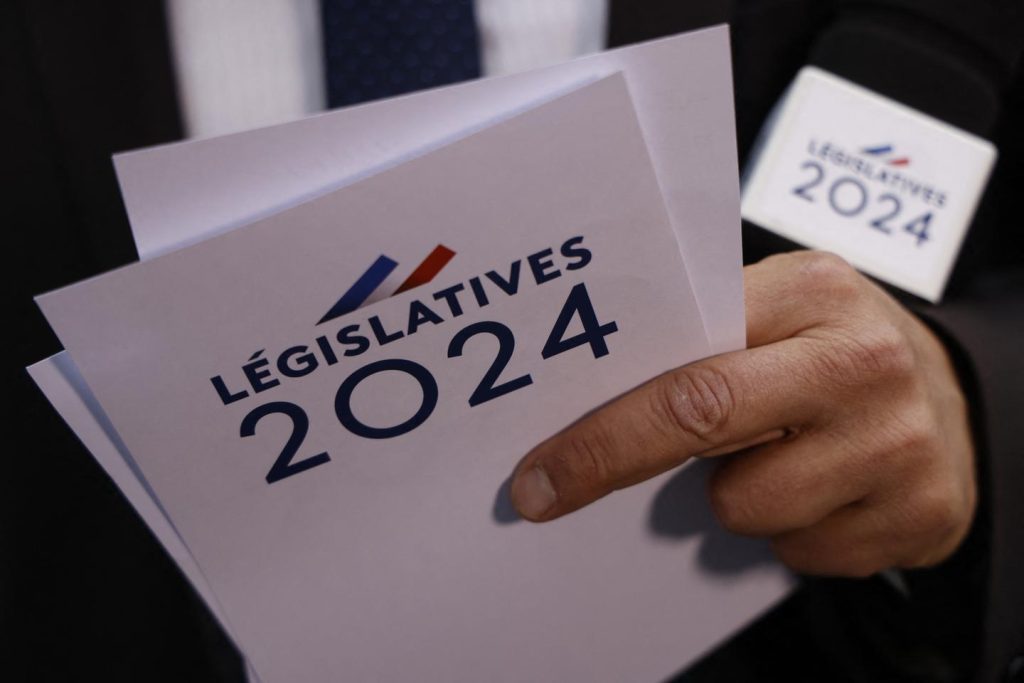The cost of democracy is a question that arises with every election, and the bill for the upcoming legislative elections in France is now roughly known. President Emmanuel Macron’s decision to dissolve the National Assembly will cost the state at least 195 million euros, amounting to about four euros per person registered on the electoral rolls. These costs include reimbursements to candidates, social plans for the Assembly, and other expenses, with additional amounts expected to be incurred by municipalities. While the exact figures are not yet clear, it is estimated that tens of millions of euros will be spent by local governments.
According to Charles de Courson, a centrist deputy and budget rapporteur in the National Assembly, the cost of a dissolution typically ranges around two hundred million euros. He acknowledges that once the President makes the decision to dissolve, the cost becomes somewhat irrelevant, as it is a constitutional prerogative. The overall impact on the country’s deficit this year, projected at 170 billion euros, is not attributed solely to the dissolution. It is seen more as a necessary step in the political process rather than a significant factor contributing to the financial challenges faced by France.
The estimated cost of the legislative elections for the state budget comes to 166 million euros, as stated by the Ministry of the Interior. This figure is similar to the 164 million euros spent on the previous legislative elections in 2022, despite the shorter campaign period and a 36% decrease in the number of candidates this time around. The funding for this amount will partly come from the 2024 budget, which will be adjusted accordingly. A portion totaling 124.5 million euros will be allocated in the end-of-term management bill currently before parliament, with the remaining 41.5 million euros earmarked for the 2025 budget.
The bulk of the 166 million euros will primarily go towards reimbursing candidates for their campaign expenses, with those obtaining at least 5% of the votes eligible for public assistance. In previous elections, candidates received an average reimbursement of 70% to 75% of their expenditures. This financial support aims to enable candidates to participate in the democratic process without facing excessive financial burdens. The upcoming legislative elections will involve a significant redistribution of public funds to cover the costs associated with the dissolution of the National Assembly and the ensuing electoral process.
Overall, the price of democracy, in this case, is estimated to be around 195 million euros, with additional costs incurred by municipalities and other entities. Despite the financial implications of holding parliamentary elections, the decision to dissolve the National Assembly is viewed as a necessary step to ensure democratic accountability and representation. While the exact breakdown of expenses is still being finalized, the French government is committed to covering the costs of the upcoming legislative elections to uphold the principles of democracy and facilitate political participation. The significant investment in the electoral process underscores the value placed on democratic governance and the importance of engaging citizens in decision-making processes.


